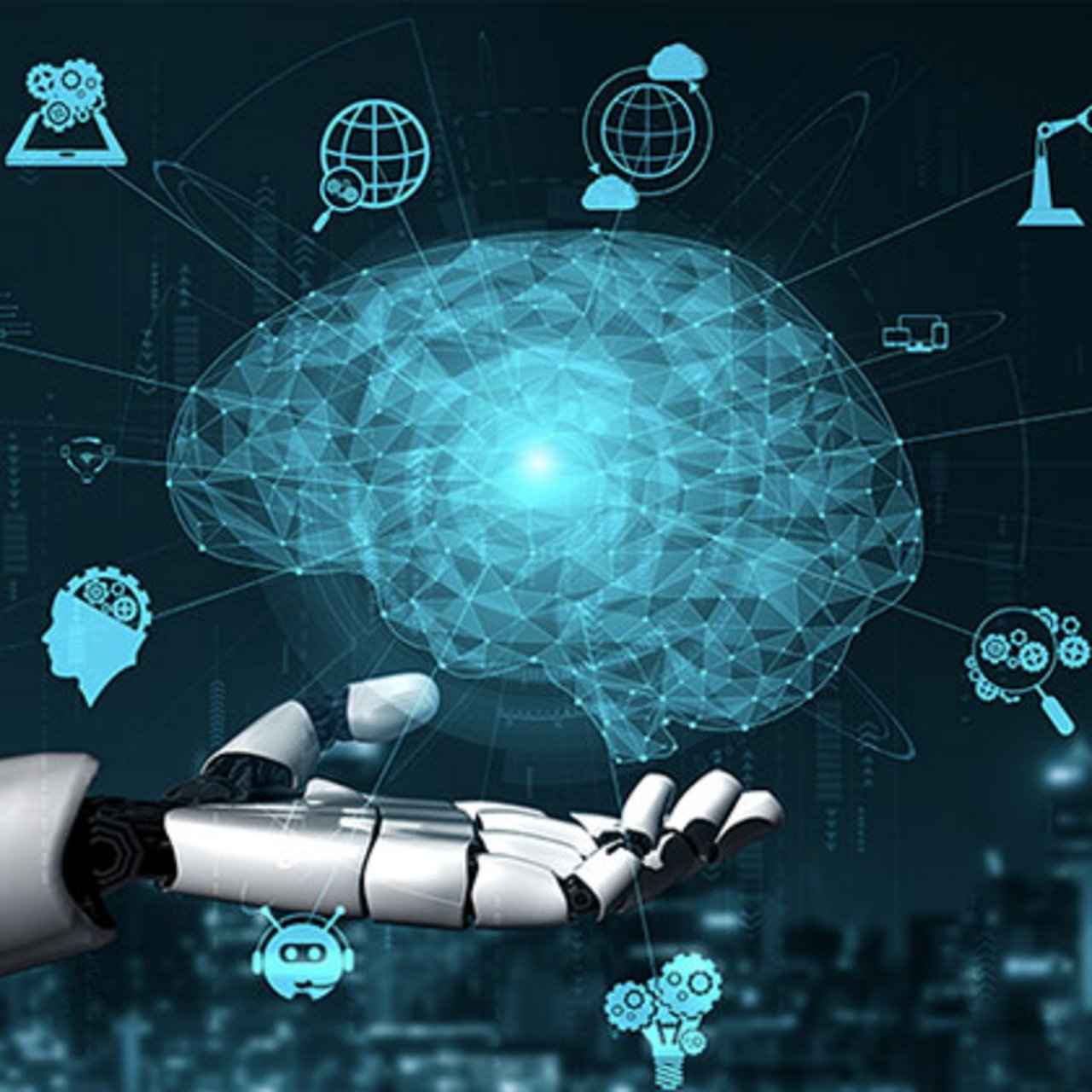Education
A long educational tradition on AI
The Politecnico di Milano boasts a long tradition in teaching artificial intelligence. In 1989, it was the first Italian university to introduce a course in artificial intelligence, offered within the degree program in Electronic Engineering. Today, at the Politecnico di Milano, artificial intelligence courses are present in every master's degree program, fostering the formation of a wide range of highly attractive professional profiles capable of significant synergies with all areas of engineering, architecture, and design.
Given its significant impact on work methodologies, the ability to use artificial intelligence is an integral part of the education offered by the Politecnico di Milano to students across all disciplines. Additionally, artificial intelligence is a teaching tool used by both faculty and students to provide greater support for learning.
4 main directions in teaching AI
Methods and
Technologies
These courses focus on the study of algorithms, software platforms, hardware tools, and their adoption in digital contexts. The Politecnico di Milano provides one of the most comprehensive educational offerings on the subject in Europe, with over 15 specialized courses on the fundamentals of artificial intelligence. These courses are primarily offered in the master's degree programs in Computer Science and Engineering, Mathematical Engineering, and Automation Engineering, aiming to train technical profiles.
Business and
Organizational Management
These courses focus on the study of business models and organizational models of companies. They are mainly present in the master's degree programs in Management Engineering, with the goal of training managerial profiles with a deep understanding of the impact of technologies.
Ethics and
Regulations
These courses provide the ethical principles for the design and use of engineering systems and are offered across all master's degree programs in Engineering, Architecture, and Design. The objective is to equip all professional profiles with the necessary skills for conscious design that is also aligned with European regulations.
Applications
All master's degree programs in Engineering, Architecture, and Design offer courses that address the study and adoption of artificial intelligence systems tailored to each specific application domain, with the aim of training domain experts who deeply understand how new technologies can be best utilized and developed.
A non-technical introduction to AI
AI: An Overview
The MOOC will provide a non-technical overview of the artificial intelligence field. Initially, a discussion on the birth of AI is provided, remarking the seminal ideas and preliminary goals. Furthermore, the crucial weaknesses are presented and how these weaknesses have been circumvented. Then, the current state of AI is presented, in terms of goals, importance at national level, and strategies. Moreover, the taxonomy of the AI topics is presented.
Explore
Overview of risks and legal protections
AI and legal issues
The purpose of the course is to help students understand the legal implications related to the design and use of artificial intelligence systems, providing an overview of the risks and legal protections that can be envisaged and giving an overview of the legislation and legal principles currently applicable on the subject. In particular, the profiles of civil and criminal liability, protection in terms of intellectual property and the impacts of AI on the fundamental rights of the individual - including privacy and the right to non-discrimination – will be examined.
Explore
Reflection on ethical, social and cultural impact of AI
Ethics of Artificial Intelligence
The Mooc deals with the problems created, aggravated or transformed by AI. It is intended to give students a chance to reflect on the ethical, social, and cultural impact of AI by focusing on the issues faced by and brought about by professionals in AI but also by citizens, institutions and societies. The MOOC addresses these topics by means of case studies and examples analyzed in the light of the main ethical frameworks.
Explore




